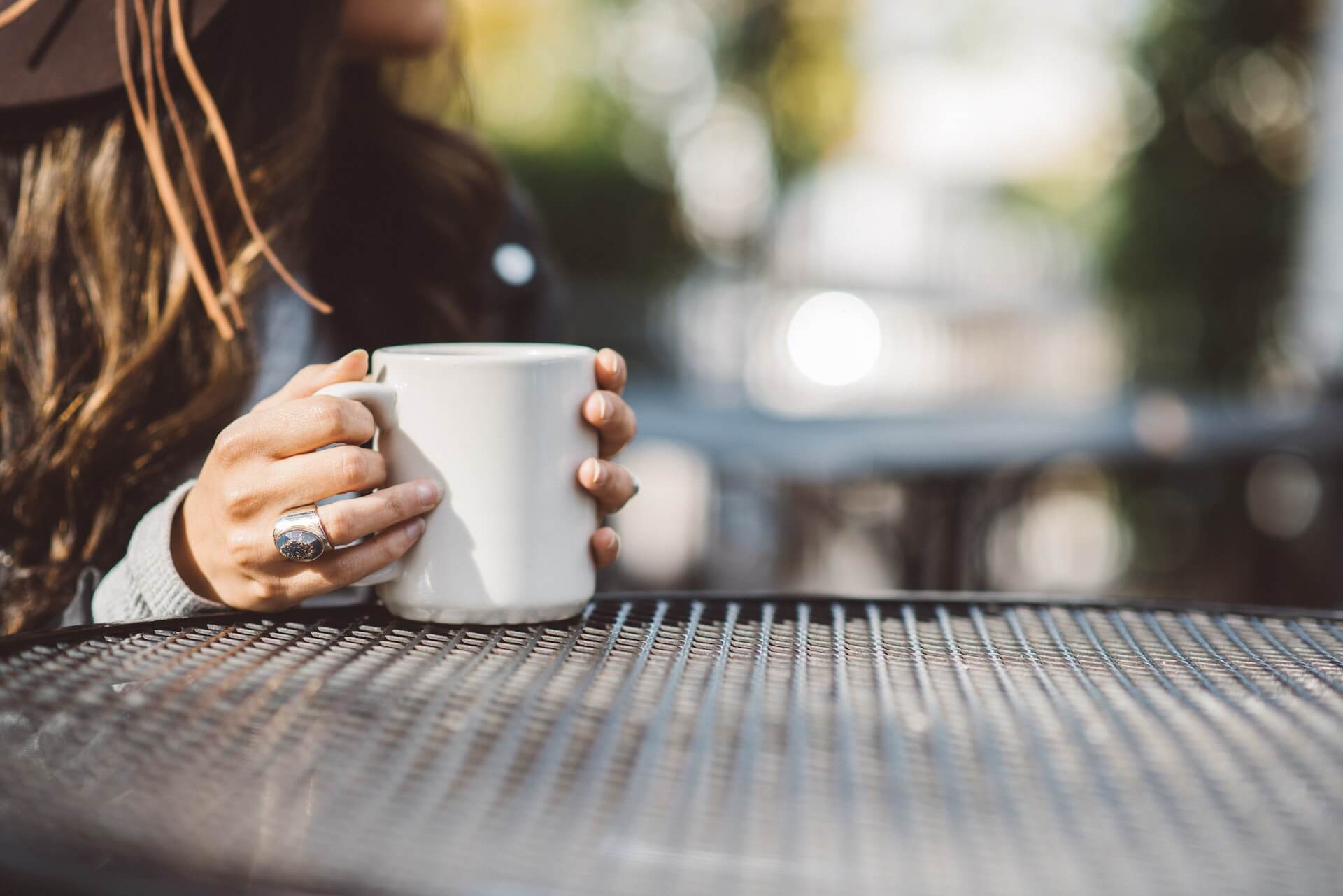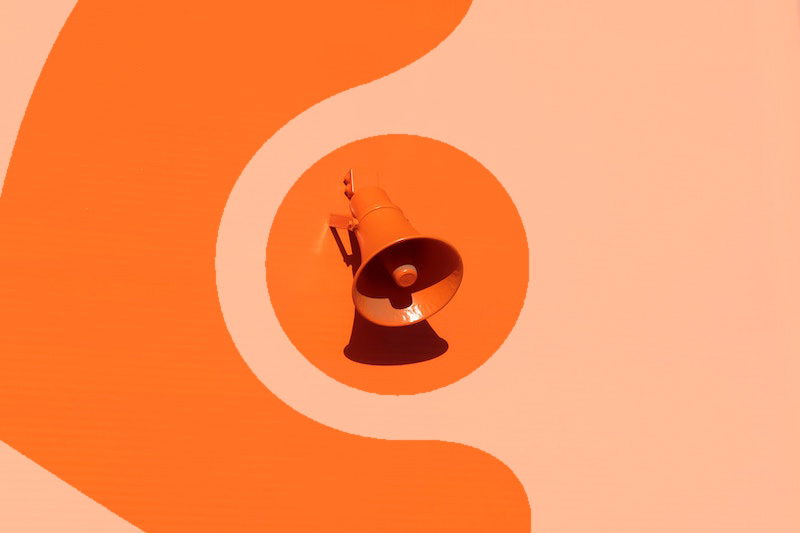What is Nocturia?
It can be quite normal to wake once or twice during the night to pass water. If you have to do so more often than that it can become both annoying and tiring. The need to pass water during the night is called Nocturia.
Although nocturia may be associated with the normal ageing process, it might be caused by a medical problem which can be treated, so it is a good idea to report a frequent need to go to the toilet during the night to your doctor, continence nurse, or specialist physiotherapist, particularly if the problem has come on quite quickly and recently.
Once you have made an appointment, your healthcare professional will assess you. They may ask you some of the following questions:
- How often do you go to the toilet to pass urine?
- How often do you leak urine?
- When do you leak urine?
- What medication do you take?
- What do you normally eat or drink?
- Is it painful/ uncomfortable when you pass urine?
- How many times do you get up at night?
- Do you ever wet the bed?
It would be a good idea to keep a record of your bladder activity for a few days before your appointment with your doctor or nurse. Keep a record for at least 3 days. To download our Bladder Diary Click Here
Why Does Nocturia Affect Older People More Than Others?
There are several reasons for this. One simple reason is that as you get older your bladder looses its elasticity. Another is that later in life you are more likely to suffer from other medical conditions which can affect the bladder. The following are some of the reasons which can cause nocturia and which are more common in older people:
Hormones
Your body makes a hormone at night which slows down kidney function while you sleep, so you normally make much less urine during the night. As you get older less of this hormone may be produced and so your bladder continues to fill at its daytime rate. This means you need to pass water more frequently.
Circulation
The kidneys filter your blood as it passes through them and collect waste products and excess fluids from around your body. As the waste products and fluids are collected the kidneys produce urine, which then passes to your bladder, where it is collected.
As you get older, your heart and circulatory system may become less efficient, so that some fluids are left behind in the body’s tissues, especially around the ankles, because it is harder for the circulation to pump fluids from there. When you lie down at night it becomes easier for the circulatory system to work. The fluid is absorbed back into your blood and filtered out through the kidneys, which then send it to the bladder as urine. This means that your bladder fills as you sleep much more quickly than it normally would.
Prostate
The prostate gland becomes enlarged in almost all men as they get older. This is often called Benign Prostatic Hyperplasia (BPH). More than half of all men over the age of 60 and 80% of all men over 80 have enlarged prostate glands. (This is not the same as prostate cancer.)
When the prostate becomes enlarged it begins to restrict the bladder outlet, with the result that you have difficulty passing water. Because your bladder has difficulty squeezing the urine out, it may not empty completely. This incomplete emptying means it takes a much shorter time for the bladder to fill up again, so that you will have to pass water more frequently. For more information about the prostate visit our prostate page.
Other Causes Of Nocturia
Nocturia can also be caused by several medical conditions which have nothing to do with age:
- It can be a result of a kidney or bladder condition, such as kidney stones, a urinary tract or bladder infection, or an overactive bladder.
- Pregnancy – as the foetus grows inside the womb the pressure on your bladder increases so that it isn’t able to hold as much urine as normal.
- A heart condition can result in a weakened circulatory system and could have the same effect.
- Diabetes can lead to bladder problems such as nocturia.
- Drugs – nocturia can be a side effect of some drugs. Check with your doctor to see if any medicines you have been prescribed might be the cause of your nocturia, but do not stop taking any medicine unless you have been advised to do so.
- Constipation can cause the bowel to distend and put pressure on the bladder.
- And, of course, excessive fluid intake can cause you to need to pass water at inconvenient times.
Further Information
If you are concerned about your problem and it is starting to affect your day-to-day life make an appointment to see your doctor, continence nurse or specialist physiotherapist. A continence nurse and specialist physiotherapist are healthcare professionals who specialise in bladder and bowel problems.
You can find out about treatments by clicking here. Consult with your doctor to come up with an appropriate treatment for you, as all cases differ.








